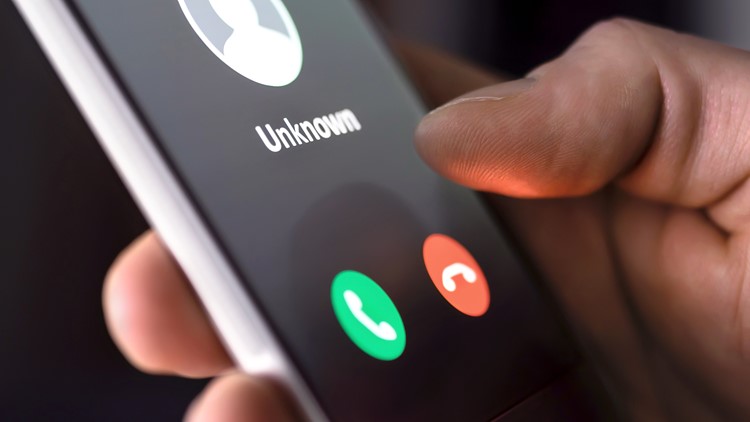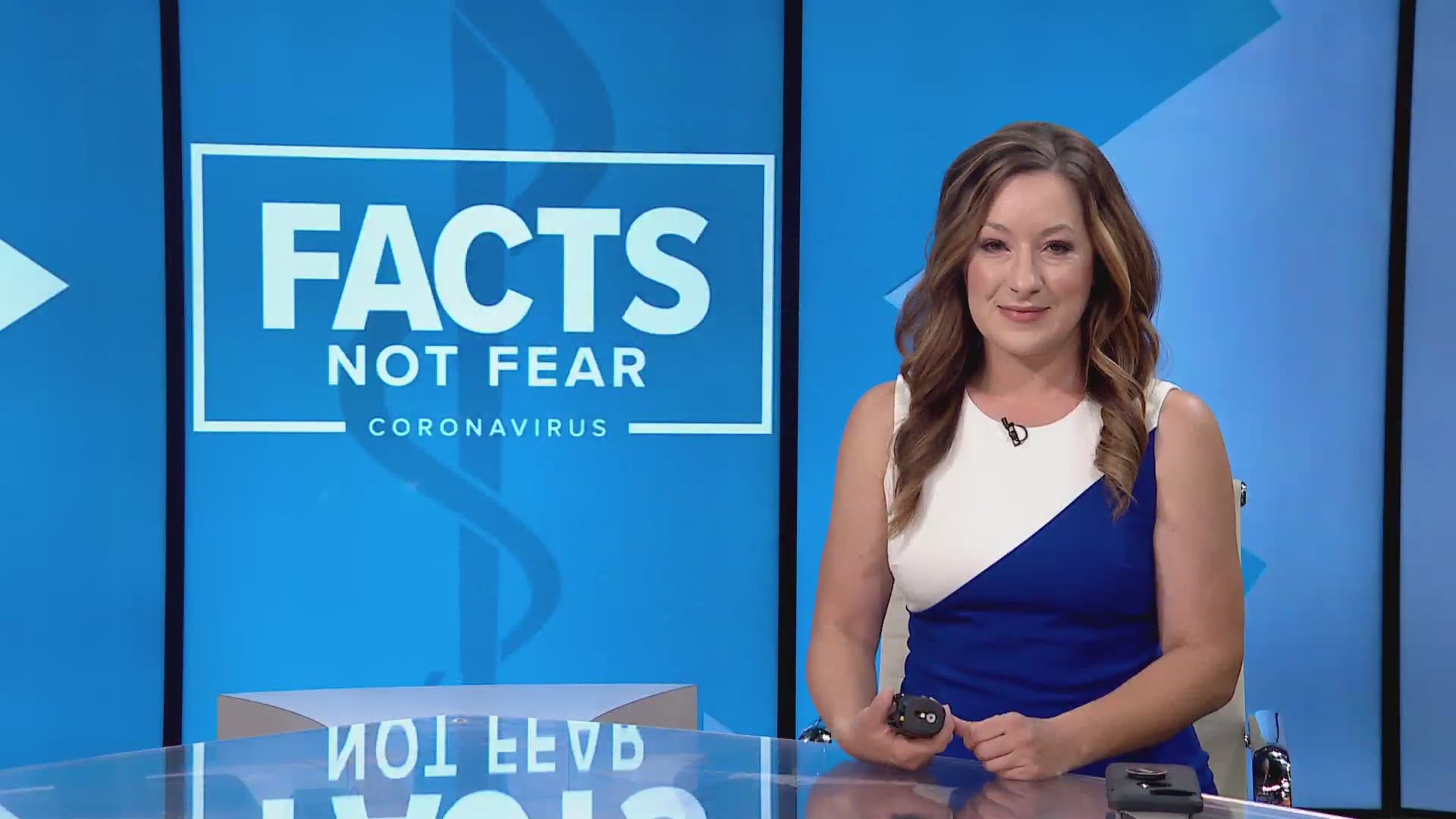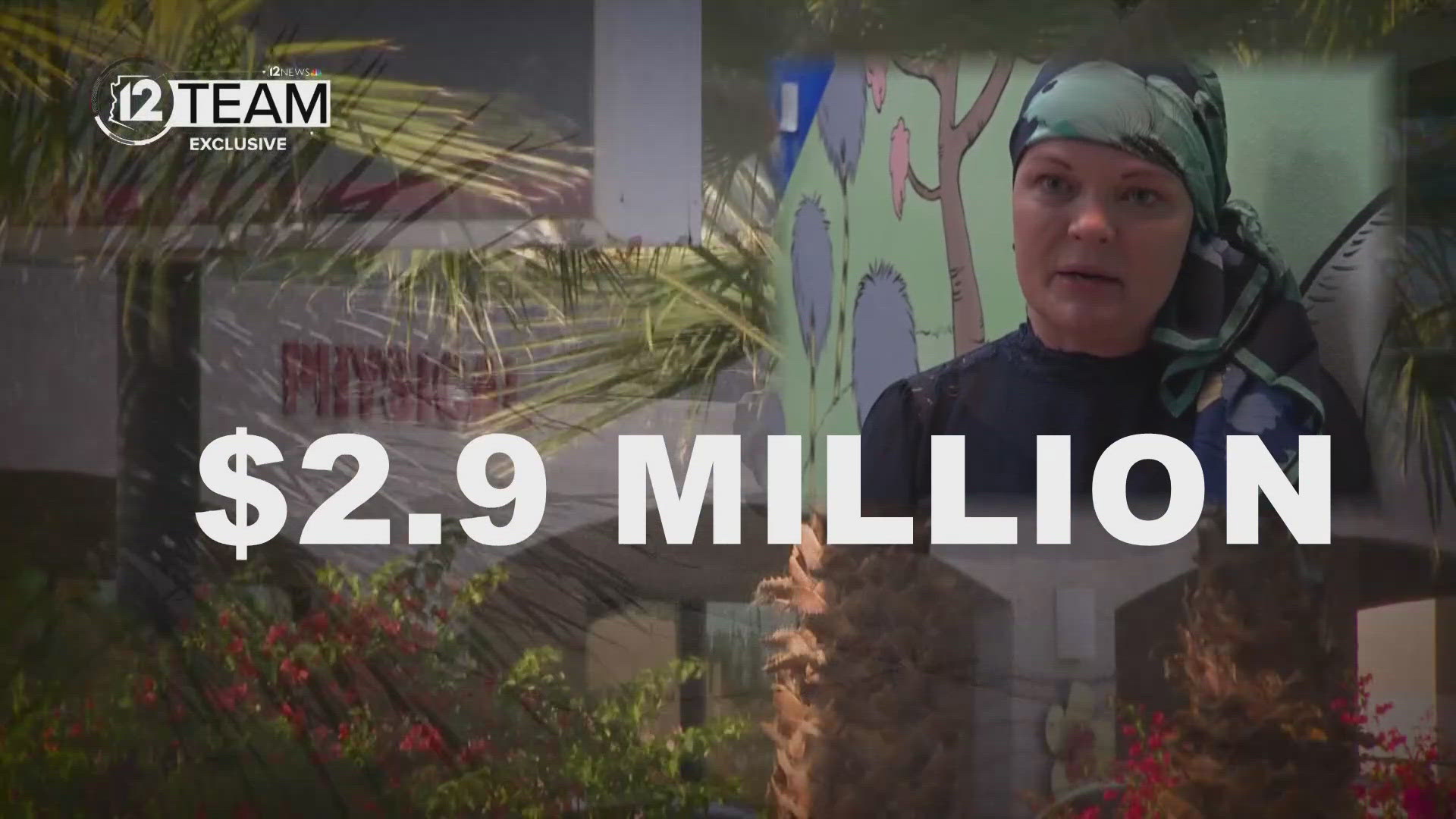PHOENIX — The Better Business Bureau issued a consumer warning Tuesday after thousands of dollars have reportedly lost to scammers during the coronavirus outbreak.
The BBB says scammers exploited fears about the pandemic to steal at least $30,000 from people across the country.
With much of the U.S. shut down and a reeling economy, the department says scammers become more active and use fear to trick people into handing over personal information or cash.
Here are some of the most common scams that the BBB has reported:
Phony Cures and Fake Masks
The department says people have received E-mails and texts claiming that, for a price, they can buy products the government is supposedly keeping secret and ways to prevent or cure coronavirus.
There is currently no cure for the coronavirus, and you can make masks that help prevent the spread of COVID-19 from household items.
Stimulus Check Scams
Most Americans should receive their stimulus check by April 15, and the IRS has more resources available for people who didn’t.
The checks are automatically deposited with no action required. The IRS does not ask for personal information by phone or email.
Phishing Scams
With millions of people working from home, scammers are using E-mails fraudulently claiming to be from IT or a contractor with your job.
The BBB warns that the messages often include scare tactics, such as stating the computer will crash if you don’t act immediately, to gain access to your computer remotely, or to your personal or company’s information.
Verify your company’s policy regarding IT support and never send over passwords or other sensitive data.
Government Impersonation
Other scams that are being reported are E-mails or texts stating that the government needs you to take an “online coronavirus test” followed with a dubious link.
The government has not issued any coronavirus test. Scammers use the fraudulent survey to download malware onto your computer and gain access to your sensitive personal information.
Employment Scams
Unemployment figures have reached unprecedented numbers in just a matter of weeks and fraudsters are taking advantage by posting fake job listings allegedly with good pay and no interview required. The BBB says these cons often use real company names and can be very convincing, but they will ask for sensitive information and ask for cash to proceed with training.
The department says, generally speaking, if it sounds too good to be true, it’s likely a scam – especially if you haven’t applied to that specific position being offered. You should not have to pay to be trained as a new hire.
Shortage Scams (Price Gouging)
With store shelves still bare across the country for items like hand sanitizer and toilet paper, price gougers are trying to resell these items with severe markups.
Emergency orders have been enacted in Arizona to crack down on price gouging. Online resources like Nowinstock.net, Brickseek.com, and Zoolert.com, keep track of store inventory and can help guide you to online stores that have the items you need and avoid the shops with bare shelves.
Go to the Better Business Bureau website for more information about these scams and how to report a scam if you’ve seen one.




